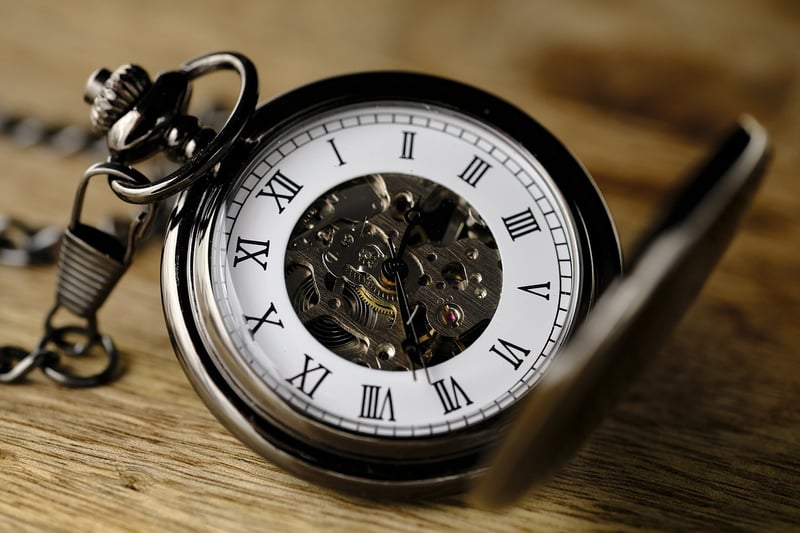Predestination Paradox
Unraveling Time Paradoxes and the Predestination Paradox
Time travel has been a captivating subject in science fiction for decades, often leading to complex and mind-bending concepts like time paradoxes. One such intriguing paradox is the Predestination Paradox, which challenges our understanding of cause and effect within the realm of time.
Time Paradoxes Explained
Time paradoxes are situations where the timeline of events becomes twisted and contradictory when time travel is involved. One of the most famous paradoxes is the Grandfather Paradox, where a time traveler goes back in time and prevents their grandfather from meeting their grandmother, thus preventing their own birth.
Predestination Paradox
The Predestination Paradox, also known as a bootstrap paradox, occurs when a time traveler unknowingly becomes the cause of a past event, essentially creating a loop where the event is its own cause. This paradox raises questions about free will, determinism, and the nature of time itself.
Examples of the Predestination Paradox
One classic example of the Predestination Paradox is the story of a person receiving a book from their future self, then traveling back in time to write the same book, becoming the author of the book they received. This loop creates a situation where the book has no discernible origin.
Unraveling the Paradox
Attempting to unravel the Predestination Paradox leads to philosophical contemplation and theories about multiple timelines, parallel universes, and the concept of a fixed timeline where events are predetermined and cannot be changed.
Conclusion
Time paradoxes, including the Predestination Paradox, challenge our perceptions of time, causality, and the very fabric of reality. While they may seem like mere thought experiments, they spark fascination and debate about the nature of existence and the possibility of time travel.

Explore more about time travel and paradoxes to delve deeper into the mysteries of the universe!
Learn more about time travel